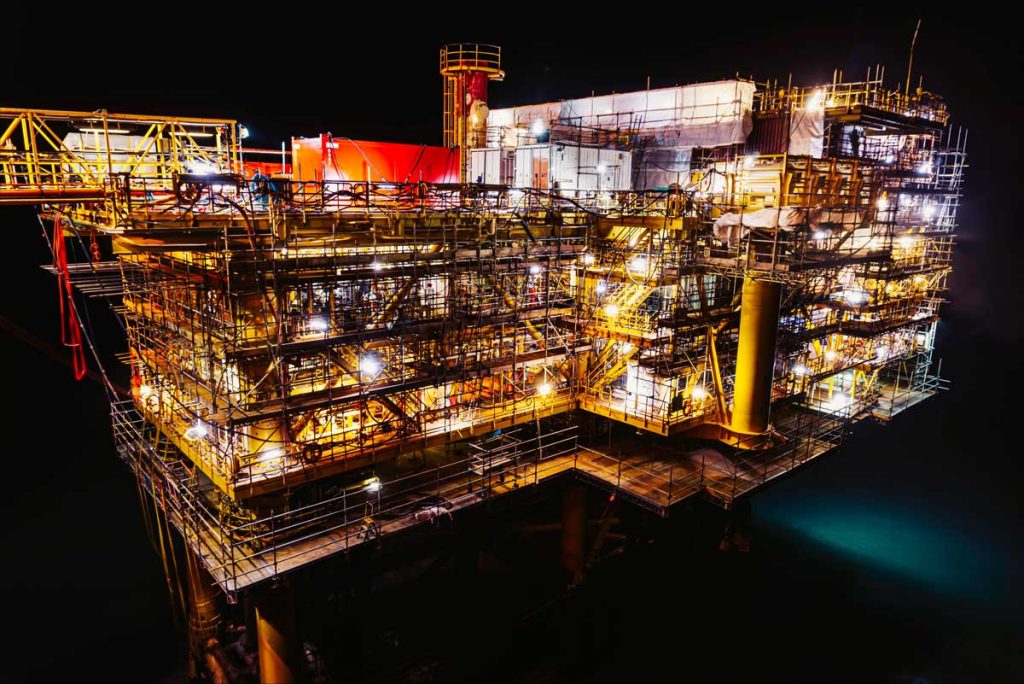The Bloomberg commodity index has gained 35 percent so far this year. To understand why this matters, one must first understand that the Bloomberg commodity index is a broadly diversified index that tracks the prices of the physical commodity markets.
It matters because energy accounts for 30 percent of the index weight, and grains, which include corns, soybean and wheat, accounts for 22.5 percent. The price of soybean has increased by 26 percent year-to-date, corn by 31 percent and wheat by a whopping 40 percent since 2021.
The current conflict between Russia and Ukraine has had a major impact on global oil supplies and wheat exports. Russia is the world’s third-largest wheat producer by 85 million tonnes, whilst Ukraine is the eighth with 25 million tonnes.
However, the war itself is not the only reason. Oil and petrochemical products are significant components of the agricultural fertiliser industry, and Brent crude oil has gained 60 percent so far this year, followed by 64 percent for WTI crude oil.
Climate change is also a major factor. Abnormally heavy rain and exceptionally hot weather in various parts of the world are having a devasting impact on both human life and agricultural production thanks to droughts, fires and floods.
Government subsidies also play their part. For example, the US government subsidises corn production for biofuels, and it can therefore manipulate global supply and demand. And finally, we can’t ignore the fact that the reopening of the world’s economies after the Covid-19 crisis increased the global demand for food. In 2020, food prices, including meat, fish, eggs and poultry, increased by 3.3 percent worldwide.
As for the rest of 2022, unfortunately, the food crisis shows no signs of settling, and prices are unlikely to drop, thanks to high energy prices, global supply disruptions and the ongoing war. The historical record of global inflation is everywhere now, not only in the advanced economies.
We fear this will have socio-political consequences in Asia and Africa, as poorer countries will be highly exposed to the risks of bankruptcy, famine, default on government bonds and political unrest. Only a few weeks ago, Sri Lanka defaulted on its debt for the first time in history due to the Covid-19 crisis, government mismanagement, higher energy costs and soaring inflation.
The problem now is that the multinationals that produce, trade and store commodities are having their best days in years. For example, the Glencore stock price has gained 25 percent so far in 2022, while Archer Daniels increased by 21.3 percent, both far outperforming the S&P500, which fell by 21 percent in 2022.
It’s clear that the steps taken by the world’s central banks have been too little, too late. As they failed to take the initiative months ago, the current reactions will only buy time. All they can do now is increase interest rates to curb inflation while reducing the balance sheet, providing less cheap liquidity to the markets.
What many experts tend to ignore is the fact that the central banks’ tools are limited and only set for monetary policy targets. Solving the global inflation dilemma and controlling skyrocketing food prices will need strong government intervention, new global trade deals and routes, lowering of tariffs, and last but certainly not least, ending the ongoing war in Europe.
The current market turmoil and massive global energy prices have only served to prove that investment in sustainable and renewable energy infrastructure is no longer an option, but a vital necessity.

We predict that investment in these sectors will continue to grow, and more innovation will be deployed, and that green hydrogen will play a big role in it all.
Investing in tangible assets that create value is one of the best options available to traders and investors. Swissquote’s Food & Water certificate allows investors to access the global key players in water and food development and production.
Commodities have generally outperformed the US stock market in the last year. BDRY ETF (Breakwave Dry Bulk Shipping) is one of the best performing ETFs, achieving 136 percent over one year. BDRY is a commodity pool that provides exposure to the dry bulk shipping industry, a key part of the global commodity markets.
GRN ETN (Exchange-traded note) is also one of the best performing indexes, achieving 127 percent over one year. GRN tracks the price of carbon, making this ETN a good option for climate investing as well as commodities.









